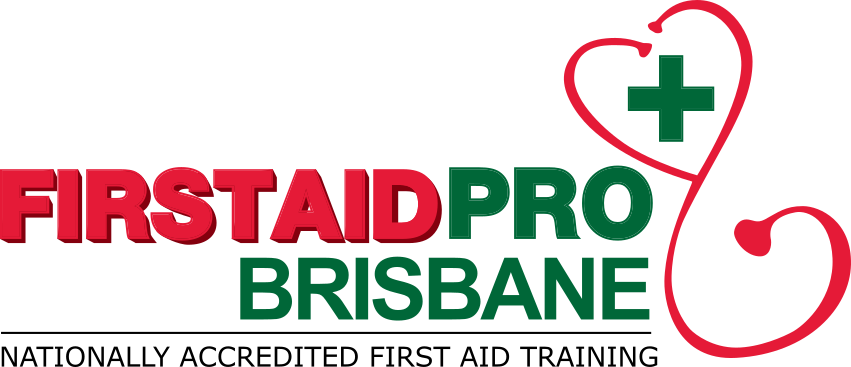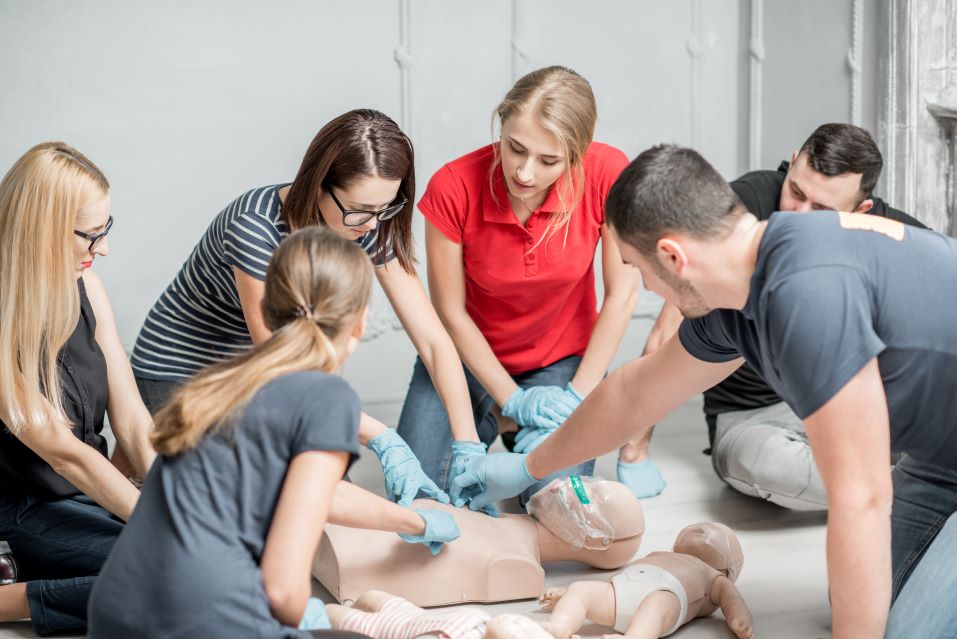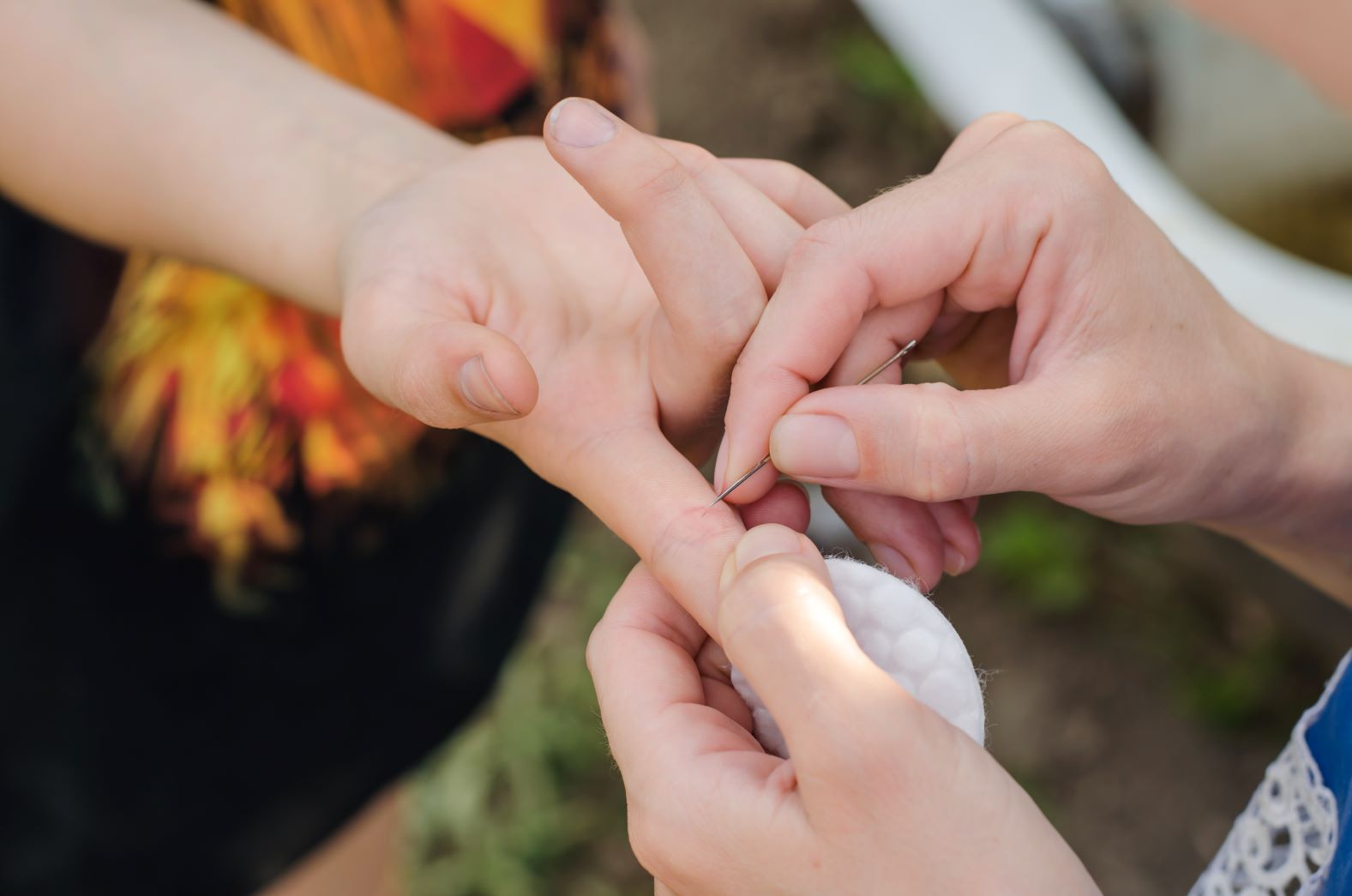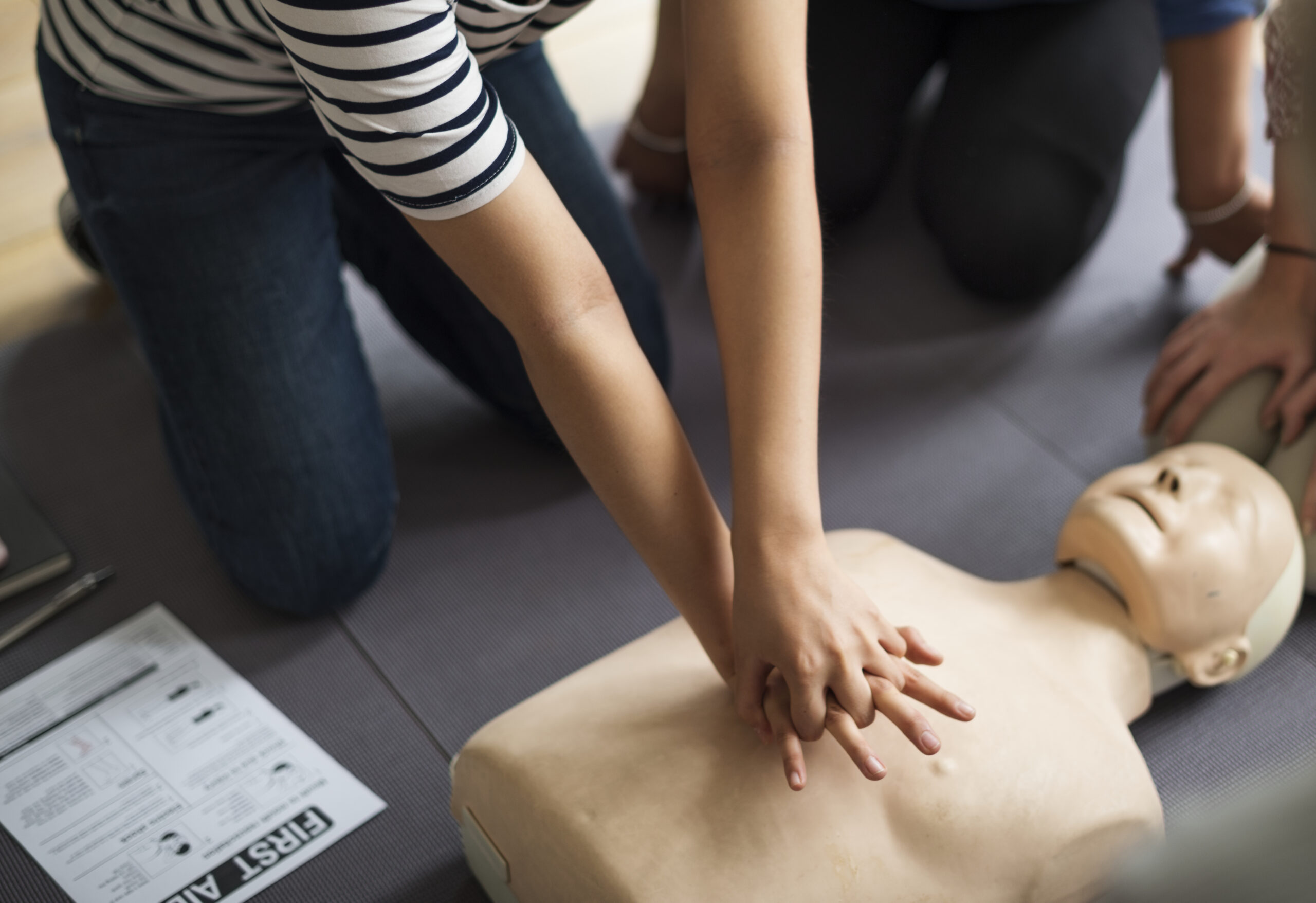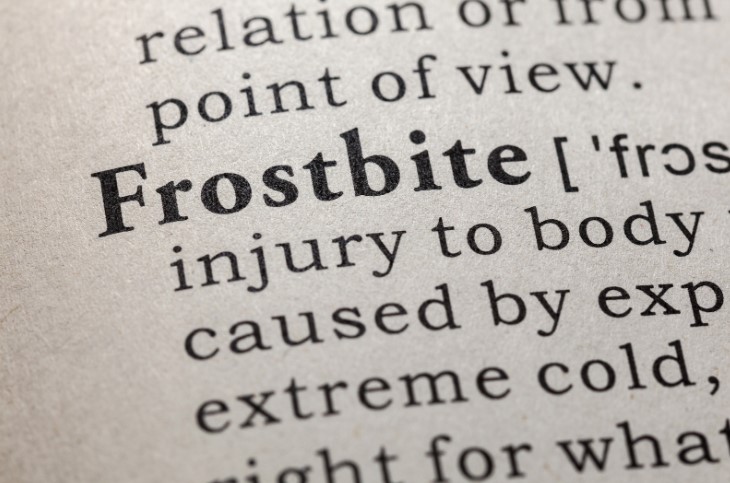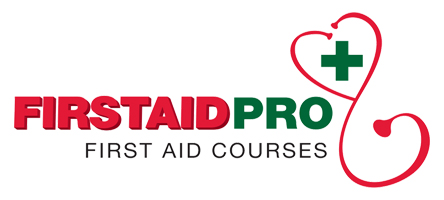Baby fever can be alarming for parents, especially for first-time moms and dads.
When a child’s temperature rises, it is usually a sign that their immune system is fighting off an infection. While in most cases, it isn’t anything serious, there are instances where a fever can be a life-threatening condition where you should seek emergency medical help.
Learn what temperature is considered dangerous for a child and what are the best ways to reduce a fever.
When Is A Fever Too High For A Baby?
A normal body temperature is 98.6 °F, and a temperature of 100.4°F (38ºC) or higher is considered a fever for a child.
It is normal for a baby’s temperature to fluctuate for many different reasons. It can be from physical exertion, taking a warm bath, fighting allergies, or even experiencing digestion and heightened metabolism. Even the time of day can bring an impact on their body temperatures, and it tends to rise during the afternoon and early evening.
A feverish temperature for a child is not necessarily a bad thing. In fact, it can be a key indicator that their immune system is fighting off a more serious infection.
So when is a baby fever too high for a child? This will depend on their age and the temperature reading, as well as other symptoms that accompany a rise in temperature.
If a child exhibits fever symptoms, use a thermometer to get a proper reading of their body temperature.
Signs And Symptoms For Baby Fever
Remember that fever is not an illness; it is a symptom or a sign that the body is fighting an illness or infection. However, fever-like symptoms can be concerning in very young children (infants three months old and below).
Small babies are still developing their immune system, and fever can put them at risk of a severe infection. Look for these signs that your child may have a fever:
- Abnormal high body temperature
- Headaches or body aches
- Sweating
- Shivering
- Loss of appetite
- Poor sleeping habits
- Less active or even lethargic
- Convulsions or seizures
First Aid Guide To Baby Fever
Here are some first aid tips to relieve and knock down baby fever.
- Drink plenty of fluids. Prolonged high temperatures can lead to dehydration.
- Put your child in a lukewarm sponge bath to help lower their body temperature. Avoid using cold water or rubbing alcohol on their skin to try and cool them off.
- Remove thick, unnecessary clothing that will only make the child uncomfortable. Dress them in lightweight, breathable clothing.
- Cover them with a light sheet or comforter if they appear cold or chilled.
- Consider using fever-reducing medicines such as acetaminophen or ibuprofen that are intended for children their age. Check the label or call their pediatrician to confirm the correct dosage.
When To Call A Doctor?
Seek further help from the doctor if you suspect that something may be serious with your child’s fever. Call it ‘instinct’ for parents, but it is always better to be safe than sorry.
Call your primary care physician if your child has abnormally high body temperature, has difficulty breathing, or is unresponsive. Check if they appear dehydrated, have seizures, or are vomiting. At this point, take your child to see a doctor.
Conclusion
It is normal for infants and toddlers to experience fever while growing up. While the onset of baby fever symptoms can be concerning, just know that the baby should return to its normal, lively self within a few days. The key is to watch the child’s behaviour, as this can be a more telling sign of what is going on.
To ensure the baby’s safety and for your peace of mind as well, consider taking a first aid course.
A provide first aid course (HLTAID011) is a simple, easily-to-learn class suitable for parents, grandparents, and caregivers who are often around babies and children.
Nobody likes to think of their child being in an emergency, but learning first aid will give you the skills and knowledge to help in case it happens.
For more information, get in touch with our team, and one of our friendly staff will be happy to assist you.
